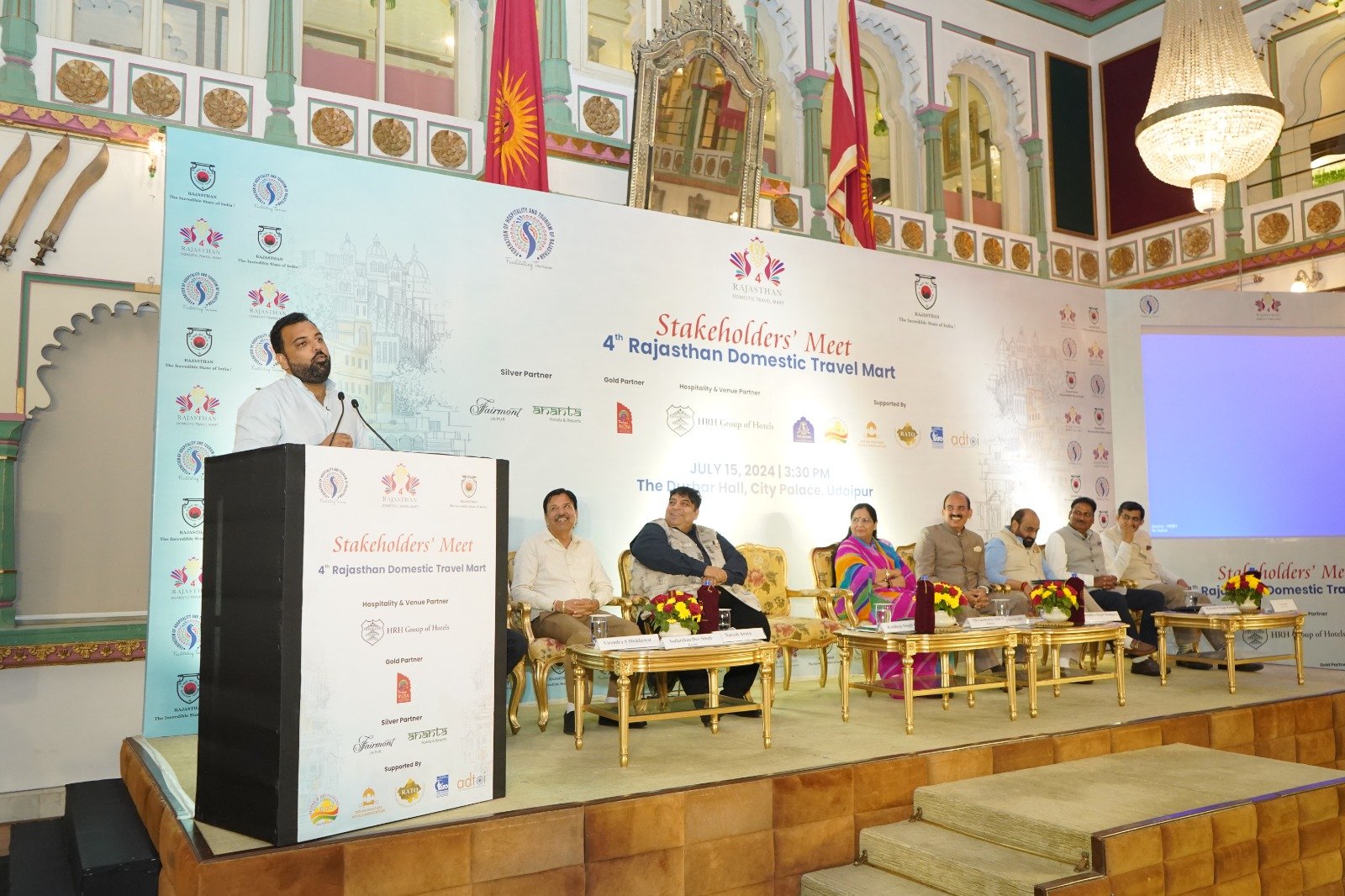Shri CA. Venugopal Swami B Shares Key Issues in Achieving Effective Fiscal Federalism in India
Hyderabad (Telangana) [India], June 19: Fiscal federalism, the division of financial powers between central and state governments, is critical to India’s economic and social development. However, recent events like the disagreement over flood relief funding for Tamil Nadu and the uneven allocation of capital expenditure funds have reignited discussions on the challenges in this area. [...]

Hyderabad (Telangana) [India], June 19: Fiscal federalism, the division of financial powers between central and state governments, is critical to India’s economic and social development. However, recent events like the disagreement over flood relief funding for Tamil Nadu and the uneven allocation of capital expenditure funds have reignited discussions on the challenges in this area.
Shri CA. Venugopal Swami B, a seasoned chartered accountant and political figure, weighs in on some key issues hindering effective fiscal federalism in India. He emphasises the importance of equity in distributing resources, and says, “Disparities in capital expenditure allocation, like Uttar Pradesh and Bihar receiving high funds while other states get none, need to be addressed.”
“We need transparent criteria for allocating central grants,” says Shri CA. Venugopal Swami B. “States like Tamil Nadu facing natural disasters require timely and adequate support.”
Shri CA. Venugopal Swami B emphasises the importance of equity in distributing resources, citing the recent example of Tamil Nadu requesting ₹21,692 crore in relief funds after Cyclone Michaung. The state’s request highlights the need for a more transparent and needs-based allocation system, considering the central government’s State Disaster Response Fund (SDRF) and additional grants might not always cover the full extent of the damage.
The GST Paradox
The Goods and Services Tax (GST) has been a major reform, but there are still some concerns. “The current structure centralises a large portion of tax revenue,” explains Shri CA. Venugopal Swami B. “This limits the financial autonomy of states, impacting their ability to invest in vital areas.”
He also points to the issue of GST compensation, saying, “Missed compensation payments by the Centre create financial strain on states.” Additionally, some argue that the voting structure within the GST Council can undermine the principle of consensus-based decision-making.
A Step Forward, But Room for Improvement
The recent recommendations of the 15th Finance Commission offer some promising steps, according to Shri CA. Venugopal Swami B. “Increased tax devolution to states and sector-specific grants, especially those with performance incentives, are positive developments,” he acknowledges. “This empowers states to address development gaps in areas like health and education.”
However, Shri CA. Venugopal Swami B also identifies some shortcomings. “The Centre still retains a larger share of revenue-raising power,” he explains. “Additionally, rigid fiscal deficit targets for states may restrict their ability to invest in infrastructure during crucial economic phases.”
Building on these advancements, initiatives like the Scheme for Special Assistance to States for Capital Expenditure, recently extended as the ‘Scheme for Special Investment 2023-24’ with an allocation of over Rs 1 lakh crore, offer further support. This scheme provides much-needed financial resources to states specifically for infrastructure development projects, which can have a significant multiplier effect on the economy and create jobs.
Collaboration and a Focus on Outcomes
Shri CA. Venugopal Swami B emphasises the need for ongoing dialogue and collaboration between the central and state governments. “Cooperative federalism, where both levels work together to reconcile national and regional priorities, is essential,” he says.
He also advocates for a broader approach to grants, saying, “Including performance incentives in more sectors, like environment and social security, can encourage better state-level governance.”
Fiscal federalism is a complex issue with no easy answers. Shri CA. Venugopal Swami B’s insights offer a valuable perspective on this ongoing debate. By focusing on achieving a balance between central authority and state autonomy, India can ensure a more sustainable and equitable path to development.
If you have any objection to this press release content, kindly contact pr.error.rectification@gmail.com to notify us. We will respond and rectify the situation in the next 24 hours.




.jpg)





